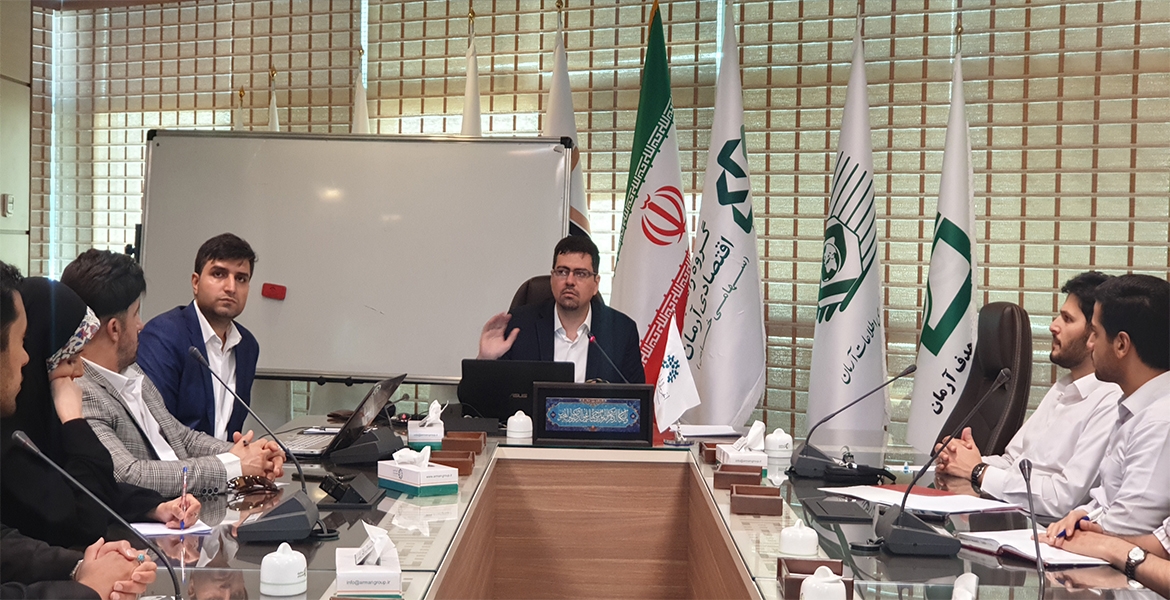
The IAIF held the 25th specialized session on the Islamic finance without an intermediary institution on 27 Aug. 2019.
Hassan Ban, the first graduate of DBA course of the Iranian Association of Islamic Finance in Islamic capital market and a development consultant for FinTech, said financial intermediary institutions are banks, brokerages, Exchange Organization, Central Bank, Sharia Council and in general they play the role of monetary intermediation among people. The intermediary can be a broker, a company or a fund that acts on behalf of individuals to do their financial affairs.
Financial intermediaries such as stock exchanges, brokerages and various funds are among the most important legal intermediaries that take the scattered and small money of the people and transfer it to a large company like a stock exchange or deposit it like a bank. In insurance, the process is somewhat the same, adding when we talk about eliminating the intermediary institution, it means that the mentioned institutions should be eliminated, but these institutions have built the economic structure.
Markets are always built on the economics of supply and demand, today in a partnership economy; activists on both the supply and demand sides have become one and the individual is both the supplier and the applicant for money or capital at the same time. Today, this institution can be deleted and not all at once, but step by step and gradually.
In a partnership economy, the applicant also enters the supply sector and participates in the preparation of capital or its verification and authentication process instead of the intermediary institution. The SNAP application is a tangible example of partnership economy.
In a partnership economy by changing the centralized business model based on a platform with an IT-based infrastructure, beneficiaries conduct their own exchanges.
In decentralized financing, people identify and trust each other based on the information they provide upon entering the ecosystem, but previously it was the responsibility of the intermediary to build trust.
This agreement is trust-based exchanges which is the main and ultimate goal of Islamic finance leading to cooperation and social welfare; furthermore, satisfaction between the investee and the investor is a fundamental principle.
In a centralized system, there is not enough transparency and we have to use corporate governance and multiple committees, but in a decentralized system, since people approve each other and no one or minority is the guardian of the others and the majority, there is no conflict of interest and necessary transparency is governed by blockchain instruments and smart contracts, and as the number of people in decentralized systems increases exponentially, people approve and trade each other in specific predefined formulas.
“Alternative Investments" is a term used for decentralized financial instruments and structures. These types of investments or monetary activities are done in parallel with the capital market and the money market. Their difference with the capital market is that they do not necessarily work with capital market’s structure.
The third generation is the generation of decentralized digital banking and finance, which is very different from the second generation of finance and e-banking with a centralized server which is in the hands of a minority.


